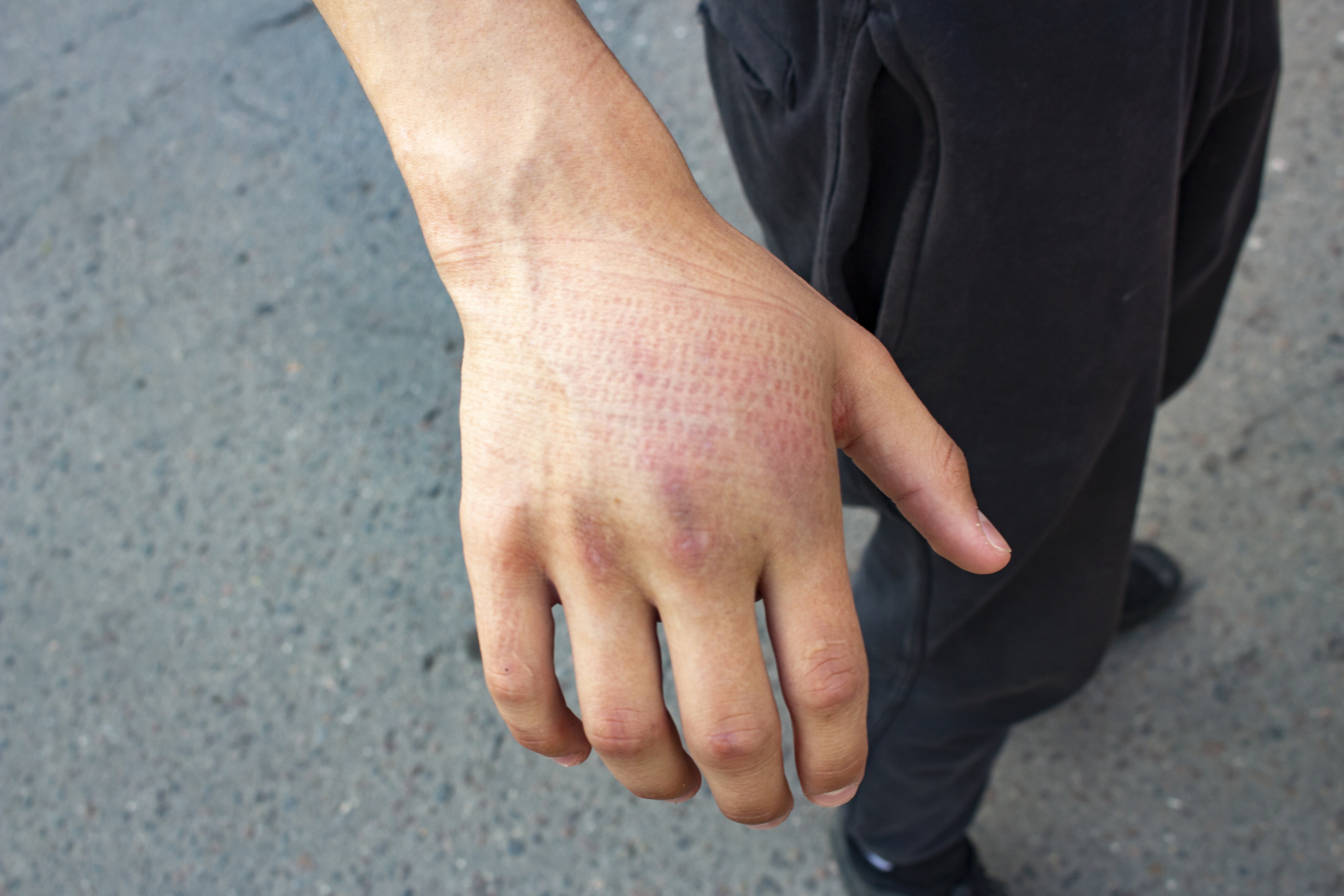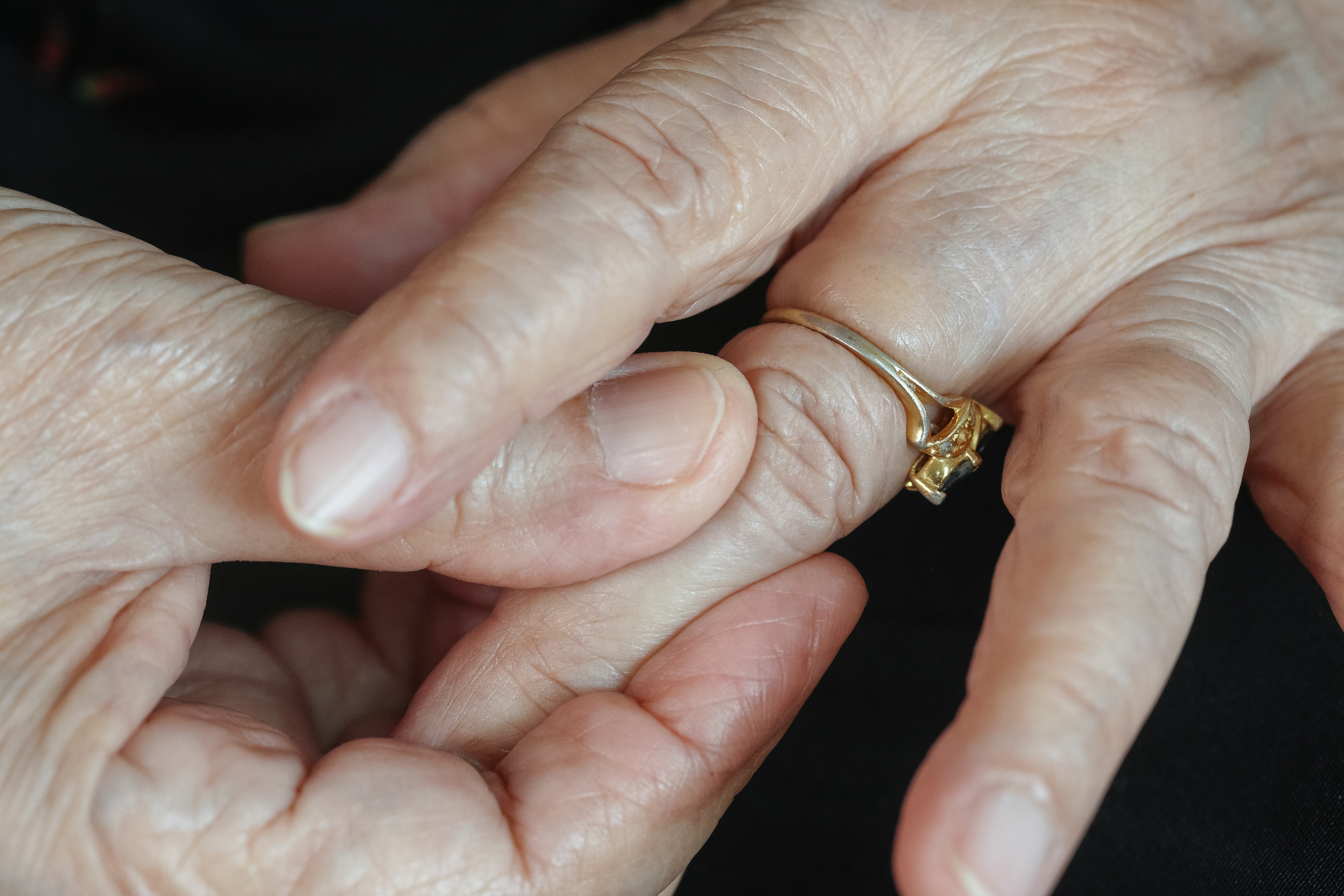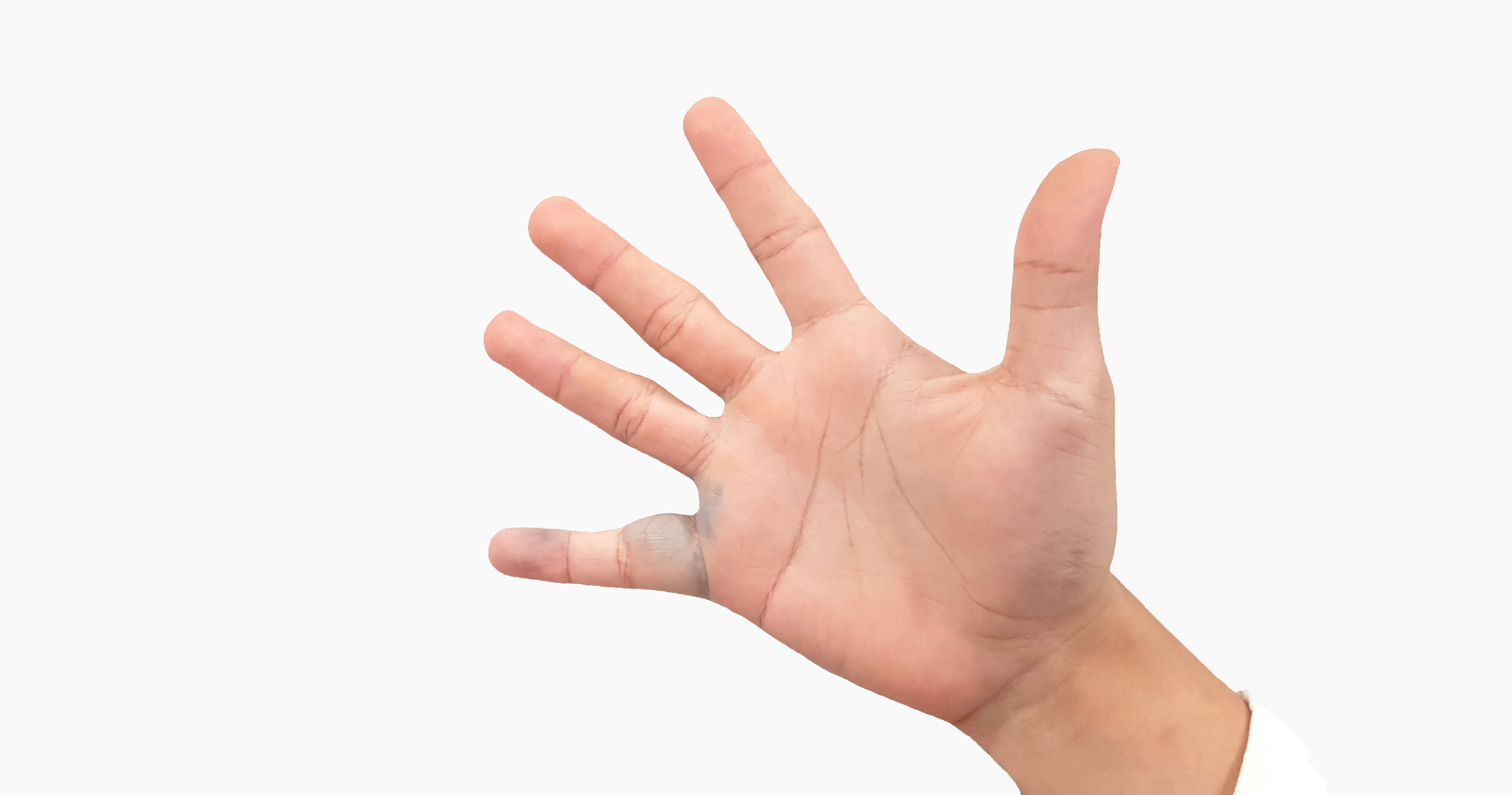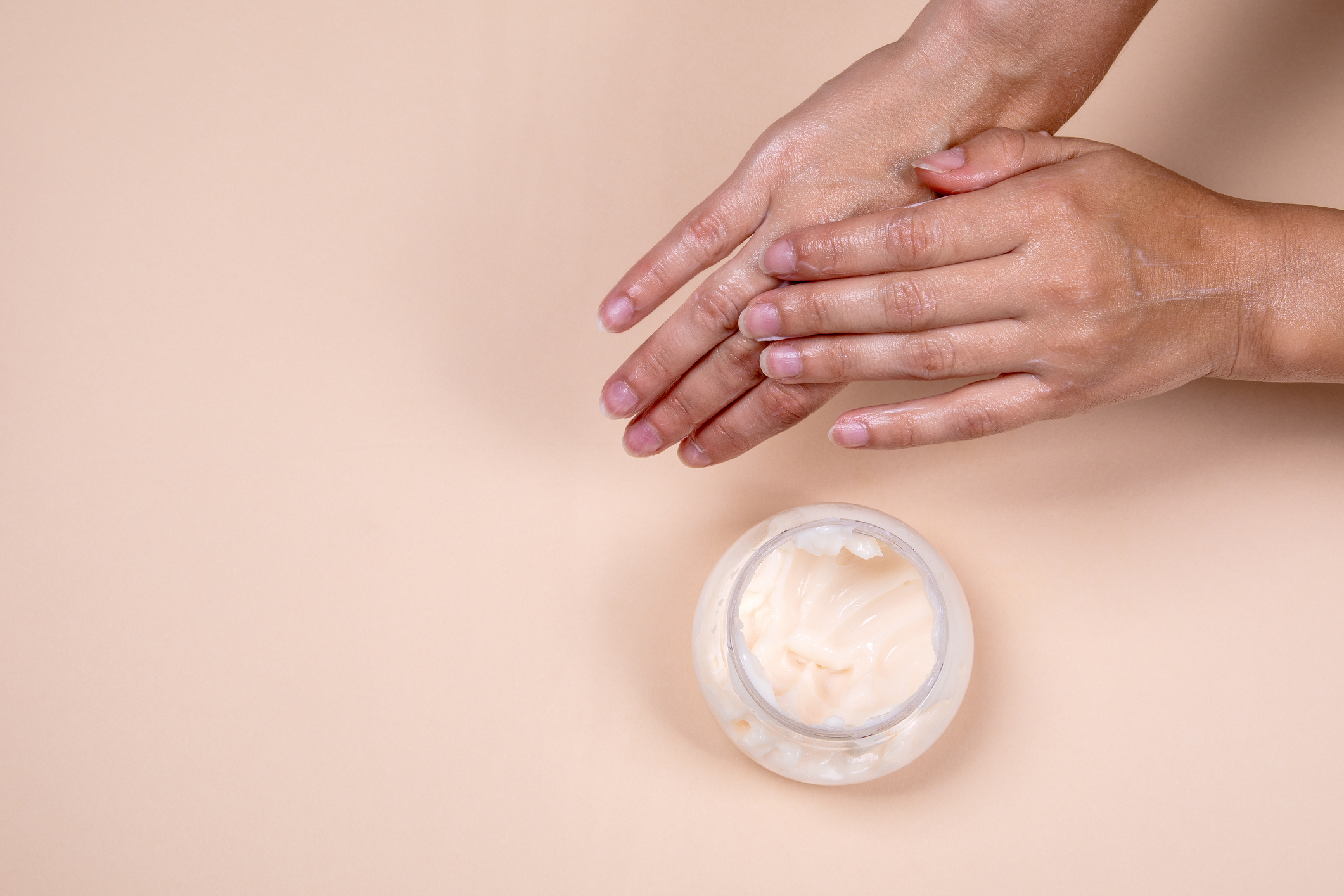Top 5 Revealing Insights: Should Swollen Fingers Make You Worry?
As human bodies are complex organisms, a change such as swollen fingers could be the result of various causes. One primary cause of swellings can be edema, where the body retains excessive fluid. This water retention is usually an outcome of certain medications, pregnancy, or underlying heart, liver, or kidney diseases. Furthermore, impending weather changes, particularly in individuals who have arthritis, can lead to swollen fingers. High sodium intake promotes water retention in the body, thereby potentially causing finger swelling.
Finger Swelling and Infections

Infections can lead to finger swelling as well. Paronychia, an infection around the nails caused by bacteria or yeast, leads to swollen, red, and painful fingers. Similarly, a condition known as felon affects the pulp of the fingertip causing it to swell. If these infections go untreated, they may expand, causing a greater area of the hand to swell. Observing associated symptoms, such as redness or pain, alongside swelling can provide a more accurate understanding of the cause.
Injuries and Swollen Fingers

Physical trauma could underlie swollen fingers. Various types of injuries, such as sprains, fractures, or dislocations, can cause swelling. Sprains or tears in the ligaments of the fingers can result in immediate swelling, often across the entire finger. Similarly, fractures or broken bones result in localized swelling, along with intense pain and the inability to move the affected finger. Accurately identifying the type of injury will require professional medical input, typically involving physical examination and X-rays.
Autoimmune Disorders and Finger Swelling

Underlying autoimmune disorders may be culprits behind swollen fingers. Disorders such as rheumatoid arthritis or lupus, can lead to swelling in the fingers and other joints. Rheumatoid arthritis, for instance, results in severe inflammation of the joints and may generate morning stiffness accompanied by swelling. Another autoimmune disease, scleroderma, causes a progressive hardening of the skin and connective tissues, often initiating symptoms, like swollen fingers. Recognizing these disorders early contributes significantly to managing their progression effectively.
Does the Duration of Swelling Matter

The extent and duration of swelling can provide crucial insight into what might be causing it. Temporary swelling, for instance, might be linked to a physical activity that strained the finger muscles or joint. In contrast, long-lasting or recurring swelling could indicate a serious condition, like autoimmune diseases or chronic edema. Further, stubborn swellings that resist over-the-counter remedies, accompanied by other severe symptoms, should never be ignored. Seeking prompt medical advice in these situations is critical.
When Should You Seek Medical Attention

Understanding when to seek medical advice for swollen fingers helps prevent potential complications. While mild swelling resulting from minor strains or injuries might alleviate with resting the affected fingers, applying ice, compressing the area, or elevating the hand, there are situations when professional help should immediately be sought; significant finger injury, unbearable pain, numbness, or an inability to move the finger are such cases. Similarly, associated symptoms like fever, weight loss, or severe fatigue, which can hint at more serious, systemic conditions, mandate urgent consultation with healthcare professionals.